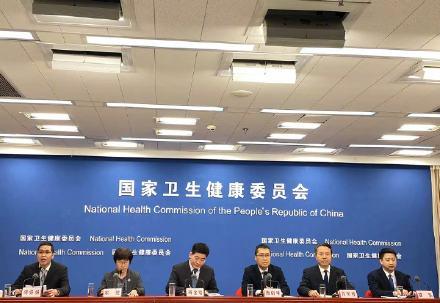Yang Jinrui, deputy director of the Department of Population and Family of the National Health Commission, said on the 20th that the average annual decrease in women during the 20-34-year-old fertility boom period during the "13th Five-Year Plan" period was 3.4 million, and in 2021 compared with 2020, it decreased by 4.73 million, which is an important factor driving the decline in the number of births. In addition, at present, as the new main body of marriage and childbearing, the post-90s and post-00s have grown and worked in cities and towns, have a longer education period, face greater pressure on employment competition, and the phenomenon of delayed marriage and childbearing is very prominent. Delayed marriage increases the likelihood that women will not marry for life, further inhibiting fertility levels. At the same time, the willingness to have children continues to decline, and the average number of children intended for women of childbearing age was 1.76 in 2017, 1.73 in 2019, and 1.64 in 2021.

Source: China News Network